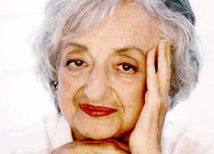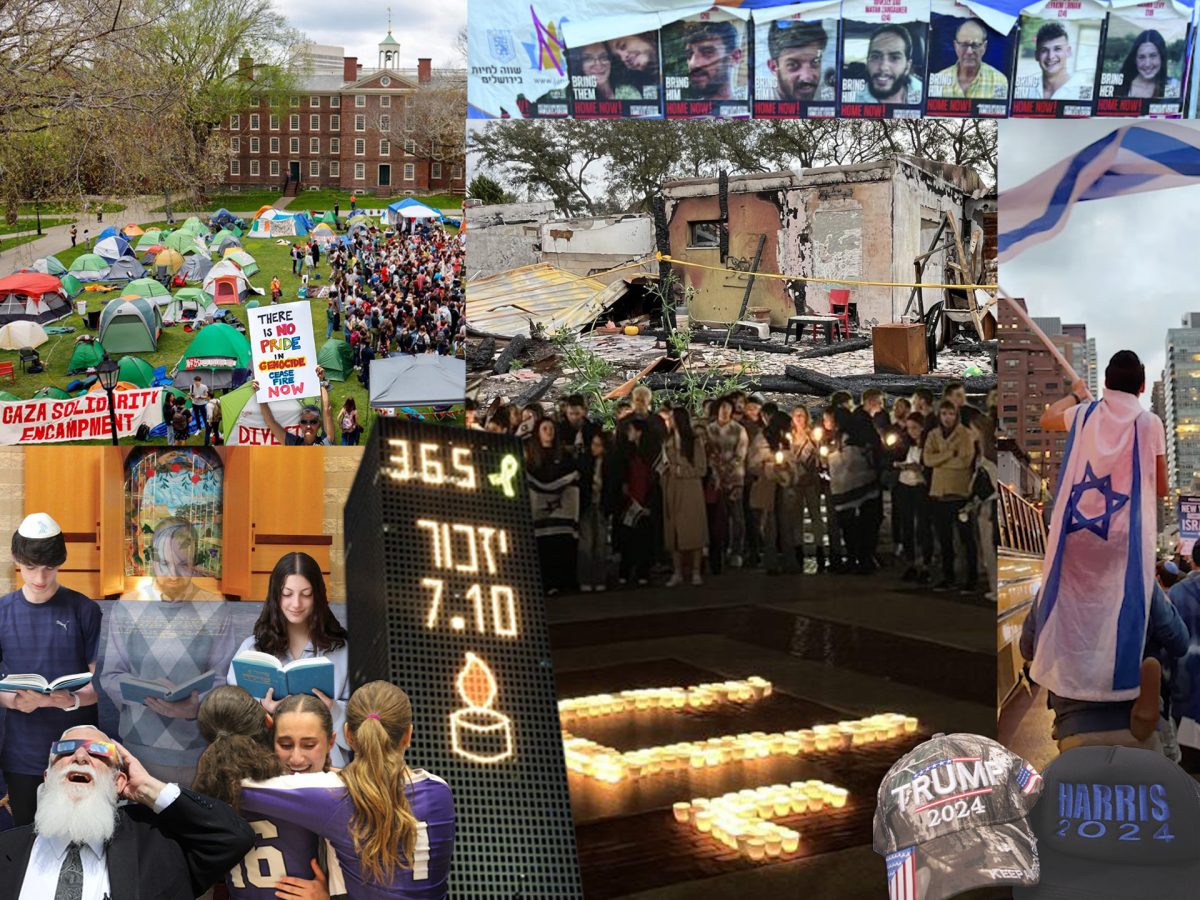
I hear it in my Jewish Law classroom, my Girl Talk minyan, my school newsroom, my synagogue, my home. Feminism isn’t Jewish, they say, referencing mechitzas and tefillin and passage after passage of polygamy, rape, Eve and her fateful fruit. Each time, my heart sinks an inch as I am forced to repeat the words that have become so familiar, referencing Eshet Chayil, Queen Esther, Judge Devorah and Betty Friedan.
I tell them of the summer of 1970, when Friedan stood on the steps of the New York Public Library at the Women’s Strike for Equality and said, “Down through the generations in history, my ancestor prayed, ‘I thank Thee, Lord, I was not created a woman.’ From this day forward women all over the world will be able to say, ‘I thank Thee, Lord, I was created a woman.’” It was a natural confluence between two pillars of identity, the halves of spirituality that make up the whole Jewish woman. It was tikkun olam, tzedek tzedek tirdof, and betzelem Elohim meets freedom and justice for all. This was the common thread woven into every aspect of Friedan’s work, from The Feminine Mystique to the National Organization for Women, and it is a thread that continues into the tapestry of my own life.
I see Betty Friedan when I find my mom washing dishes in the kitchen at midnight while my dad watches 24 on the couch. I hear Betty Friedan when my grandfather tells my pregnant cousin that he’s sorry she’s having a baby girl. I feel Betty Friedan when I read the Torah alongside my male classmates and when I explore the depths of my self-worth. As I study Friedan and her accomplishments in my U.S. history textbook, a part of me leaps out and clings to the words on the page because in those words I see a reflection of myself: a woman with a pen and a will to change the world.
With words and a powerful voice, Friedan picked up fragments of our broken world, the fragments of women who had fallen from the earth, and pieced them together to make one united olam. But you can still see the cracks, the places where darkness peers through and rattles the gaps between the pieces of our planet, the male and the female. I have taken it upon myself to wield my pen like crazy glue and smooth the cracks to finish what Friedan started. Because Betty, you hoped that I would say, “I thank Thee, Lord, I was created a woman,” but here, today, I shout out loud, “I thank you, Betty, for you I am proud to be born a woman and a Jew.”











